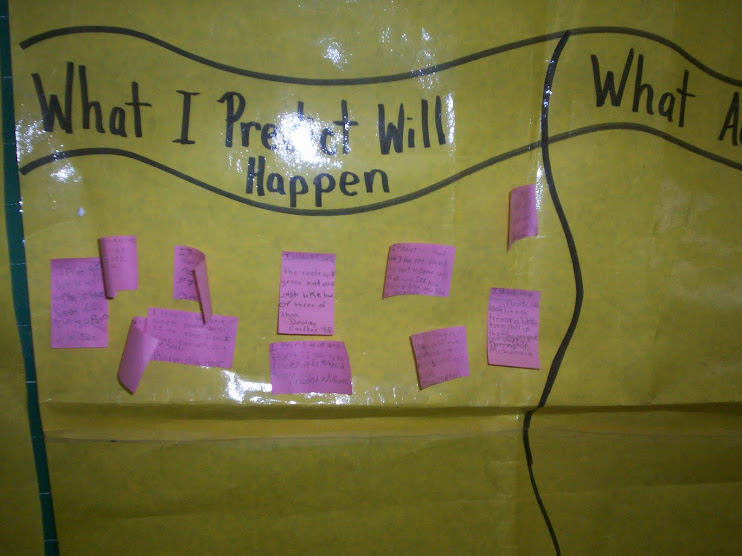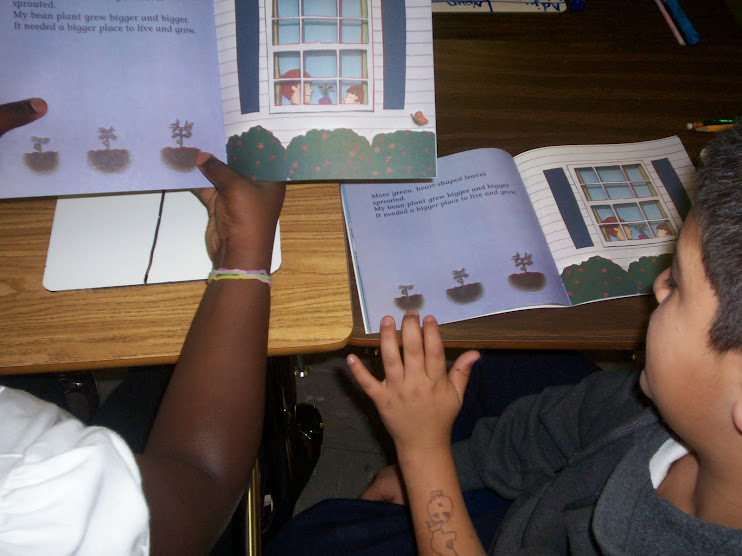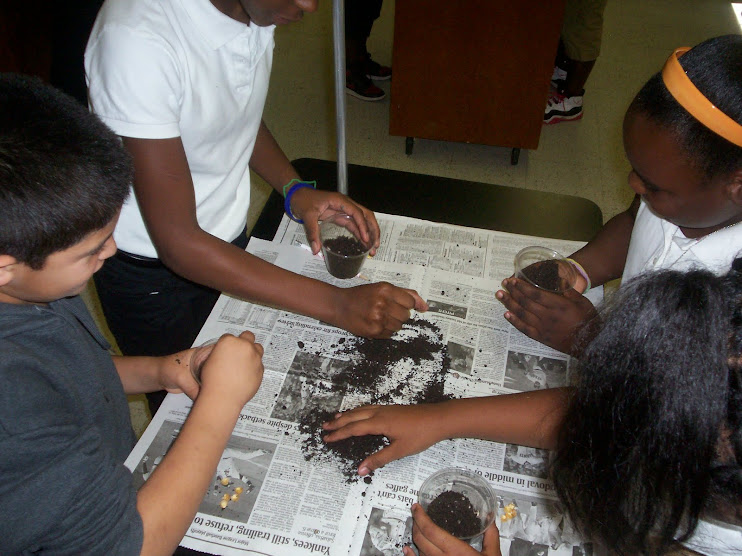It is no secret that one of the most challenging jobs in the field of Education is Administration, or Instructional Leadership. It takes time, whit, and effort to steer a staff of Teachers in a direction of “oneness.” If a leader lacks these skills, it can become tedious, and futile. It is also no secret that the Leader (Principal) shapes the behavior or climate of the entire building, thus, effecting “change.” He/She sets the tone as to how the school year starts, and ends. Chapter 3 of our text, Space Is Not Empty: Invisible Fields That Shape Behavior, contends that it is difficult to effect change in such a vast, lonely world. It requires generating energy of sufficient strength to propel oneself through space, enduring long enough to reach another object and cause it to respond. Isn’t that ironic, as a Classroom Teacher, we spend the entire year attempting to make changes where needed and necessary. We become soldiers on the front lines, fighting a war with no weapons of defense. We are expected to wave a magic wand to create change in an empty space. Wheatley, the author of Leadership and the New Science, takes care to paraphrase Isaac Newton’s law of gravity. On page 50 of the text, she points out that Newton’s world of cause and effect of force acts upon force, and great personal energy to get someone moving through vast regions of space in order to get something done.
In relating the reading of Chapter 4, The Participative Nature of the Universe, to another text, Good To Great, by Jim Collins, in Chapter 5 of his book titled Level 5 Leadership, he quotes:
You can accomplish anything in life, provided that you do not mind who gets the credit
-Harry S. Truman
To reference this paradox with our class text, and I will paraphrase, on page 60, Wheatley says that if a manger, (principal), is told that a new trainee’s, (teacher), is gifted in a certain content area, the manager will see genius emerging from the trainee’s mouth even in obscure statements. But, if the manager (principal) is told that his or her new hire is slow in grasping the job at hand, an interpretation of the employee’s lack of know how comes into question.
Thursday, May 13, 2010
Wednesday, May 5, 2010
May 4, 2010 Reflection
In reading chapters 1 and 2 on last night of our class text, understanding how to create organization or call chaos into order, seems to be the for front of what we as educators tend to battle with on a daily basis. With new laws in place that require us to meet the No Child Left Behind clause, and Special Education laws, there appears to be a struggle in creating differentiated lessons and maintain classroom management, when there are many fuzzy areas, and a lack of clear expectations as to how this "order" can be accomplished.
In giving an example of how order can come from chaos, I shared a story that happened in my class earlier this year. A while back I had four student whom had sever behavior problems. In 10-years of teaching with my current district, I don't remember ever having to deal with this type of issue on a consistant level. These four students' poor behavior almost dictated the way the entire group of 4th graders would behave on any given day. Eventually, after repeated episodes that involved administration, parents, mental health doctors, district child psychologist, and district law enforcement regarding the students lack of control in a normal classroom setting, it became very clear that an open environment in the general population was not a good fit. In tern, the students were removed from the school, and placed in areas that met their needs.
In closing, I certainly can agree with the author's ideology that order can come out of the most chaotic circumstances.
In giving an example of how order can come from chaos, I shared a story that happened in my class earlier this year. A while back I had four student whom had sever behavior problems. In 10-years of teaching with my current district, I don't remember ever having to deal with this type of issue on a consistant level. These four students' poor behavior almost dictated the way the entire group of 4th graders would behave on any given day. Eventually, after repeated episodes that involved administration, parents, mental health doctors, district child psychologist, and district law enforcement regarding the students lack of control in a normal classroom setting, it became very clear that an open environment in the general population was not a good fit. In tern, the students were removed from the school, and placed in areas that met their needs.
In closing, I certainly can agree with the author's ideology that order can come out of the most chaotic circumstances.
Subscribe to:
Comments (Atom)






























